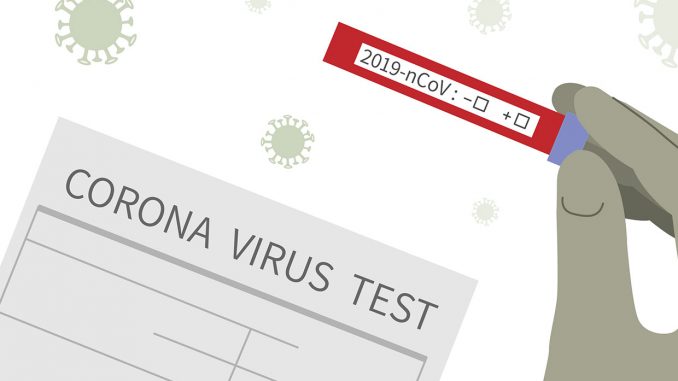
How does it work?
When we get infected with a virus, our immune system produces antibodies to help fight it off. In Convalescent plasma therapy, doctors collect these antibodies from recovered patients’ blood and inject them into sick patients to help them get better.
Similar studies are also underway in Asia and the United States. A few very small studies found that that patients who received doses of antibodies got better and stopped relying on ventilators. However, the evidence is not enough to prove the efficacy of the treatment.
With no cure available, even patients with serious cases of COVID-19 are currently given supportive care such as breathing assistance. They are given oxygen or put on ventilators to help them breathe. While this helps support their body’s functions, it does not actively fight off the virus. Researchers are hoping that convalescent plasma therapy could be an effective way to help the body attack the virus.
Anti-malaria drugs touted as a possible treatment for COVID-19
Researchers are also testing the efficacy of malaria drugs – chloroquine and hydroxychloroquine – in treatment of COVID-19 patients. Despite very scant evidence, hydroxychloroquine is touted as a possible treatment for COVID-19. US President Donald Trump has called this drug a “game-changer” in the fight against Covid-19. Trump had sought help from India to provide Hydroxychloroquine tablets to the US to treat the increasing number of COVID-19 patients in his country.
Chloroquine is a synthetic form of quinine found on the bark of the cinchona plant. It has been used since ancient times to treat fever. Hydroxychloroquine is a less toxic version. Currently, both the drugs are used to combat malaria. Hydroxychloroquine is also used to treat lupus and rheumatoid arthritis.
Most of the trails are in the preliminary stage. So, it is not clear yet if these drugs are effective against COVID-19 or not. Trial results from Chinese researchers showed that chloroquine treatment of COVID-19 patients had clinical and virologic benefits.
A French research team who conducted a 24-patient trial of hydroxychloroquine showed that 25% of patients given the drug still carried the coronavirus after six days.
Meanwhile, a recent study warned that hydroxychloroquine and chloroquine may be toxic when combined with diabetes drug metformin. The study was published online on scientific pre-print server BioRxiv. The researchers found that 30-40% of mice treated with a combination of HCQ or CQ and diabetes drug metformin, died. But treatment with the same dose of either drug alone had no effect on the survival of the mice.
